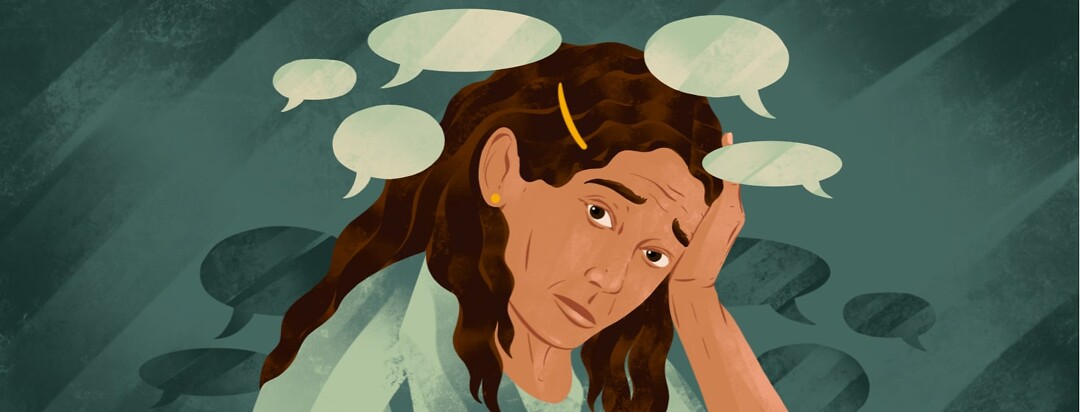Responding to Questions About a Loved One with Alzheimer's
"How's your mom?" At the beginning of my mom's Alzheimer's journey, I hated being asked this question. I never knew how to respond. I figured most people didn't really want to know all the sad details of an Alzheimer's diagnosis, and I didn't want to make anyone uncomfortable by oversharing.
Responding respectfully
I developed a few go-to responses that I stuck with unless I could tell that someone really wanted to know all the details. I would say:
- "She's okay."
- "She's as good as can be expected."
- "She's hanging in there."
On my more cynical days, I wanted to respond with, "Well, there's no treatment and no cure, so she's essentially dying." But I never actually said that to anyone.
When people stopped asking
Over time, many people stopped asking about my mom altogether. Although I was initially relieved not to have to answer the dreaded question anymore, I realized the only thing worse than being asked about my mom was never being asked about my mom. People had either forgotten about her or it just made them too sad to ask because they knew it was bad.
I felt like everyone was acting like she was already dead. I felt like I had this big secret part of my life that I wasn't allowed to talk about anymore because it made other people too sad and uncomfortable.
For a long time, I dreaded being asked about my mom, but when people stopped asking, I resented them for not asking about my mom. If it was too hard for them to hear about it, how did they think I felt living it? I began to really appreciate the few people who continued to ask me about my mom and I always told them so.
They hadn't forgotten her. They hadn't forgotten me.
Appreciate the people who continue to ask
If you are struggling with answering this question about your loved one, I would say - try to appreciate the people who care enough to ask. I know it's a difficult question to answer, but I think most people who ask just want you to know they care about you and your loved one.
I would say to answer however you feel comfortable. You can either say a little or a lot. In my experience, I could always tell when someone wanted to know more, usually because my one or two-word responses didn't appease them and they would ask follow-up questions. If you respond with the typical "okay" or "as good as can be expected" and the person accepts it, then just leave it at that. If they want to know more, they will generally ask.
Asking about Alzheimer's
As uncomfortable as it can be to answer questions about your loved one, I think it can be equally as hard for people to ask about your loved one. Most people know you will never respond with good news, but they still care enough to ask. Always be sure to let them know how much you appreciate them asking and thinking about your loved one.
Believe me, the only thing worse than being asked about your loved one is when people stop asking.

Join the conversation